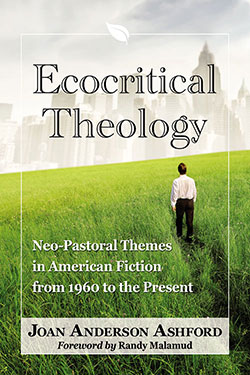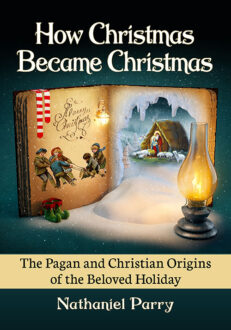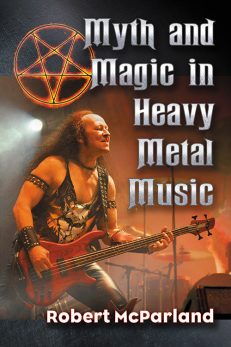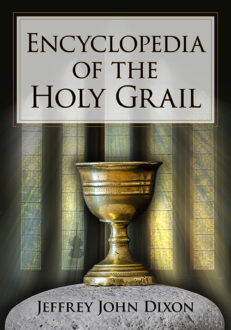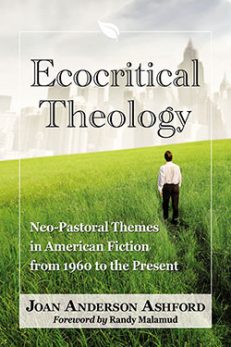Ecocritical Theology
Neo-Pastoral Themes in American Fiction from 1960 to the Present
$55.00
In stock
About the Book
The literary field of ecocriticism appraises texts from the perspective of the natural world, its biosystems, its animals (human and otherwise), and its ecological interconnections. Exploring a range of contemporary American novelists whose narratives resonate with numerous ecological challenges, this work examines humankind’s relationship with the environment in the context of Judeo-Christian theological views. It demonstrates how characters from novels such as John Updike’s Rabbit Run, DeLillo’s White Noise, Toni Morrison’s Paradise, and Cormac McCarthy’s The Road take neopastoral journeys to rediscover an innovative relationship with nature and religion. While some are successful, others turn away from the landscape’s spirituality, retreating into technological inventions. The journeys of these fictional American heroes, this volume shows, mirror ongoing, theological, nuclear age convictions.
About the Author(s)
Bibliographic Details
Joan Anderson Ashford
Format: softcover (6 x 9)
Pages: 208
Bibliographic Info: bibliography, index
Copyright Date: 2012
pISBN: 978-0-7864-6974-1
eISBN: 978-0-7864-9072-1
Imprint: McFarland
Table of Contents
Acknowledgments 7
Foreword by Randy Malamud 11
Introduction 15
1. Freud, Bakhtin, and Rabbit: An Ecocritical Look at Totem, Animism, and the Rogue in John Updike’s Rabbit, Run 29
2. And the Word Was Made Metaphor: Oedipa’s Religious Instant in Thomas Pynchon’s The Crying of Lot 49 47
3. Nature, God, and Politics: Deep Ecology and Spinozan Theory in Bernard Malamud’s The Fixer 67
4. Apocalypse Visited: Toxic Consciousness in Don DeLillo’s White Noise 83
5. Re- Weaving Master Metaphors in Leslie Marmon Silko’s Almanac of the Dead 101
6. Interlocking Pillars of Oppression: Ecofeminist Theology in Toni Morrison’s Paradise 121
7. Theories of Ecotheology in Barbara Kingsolver’s Prodigal Summer 151
8. Sophia’s Table and Nuclear Narrative in Cormac McCarthy’s The Road 175
Conclusion 199
Bibliography 203
Index 207
Book Reviews & Awards
“Ashford argues that humankind’s alienation from the spiritual realm has created the disenfranchisement from nature, and therefore the lack of respect for nature”—Reference & Research Book News.

